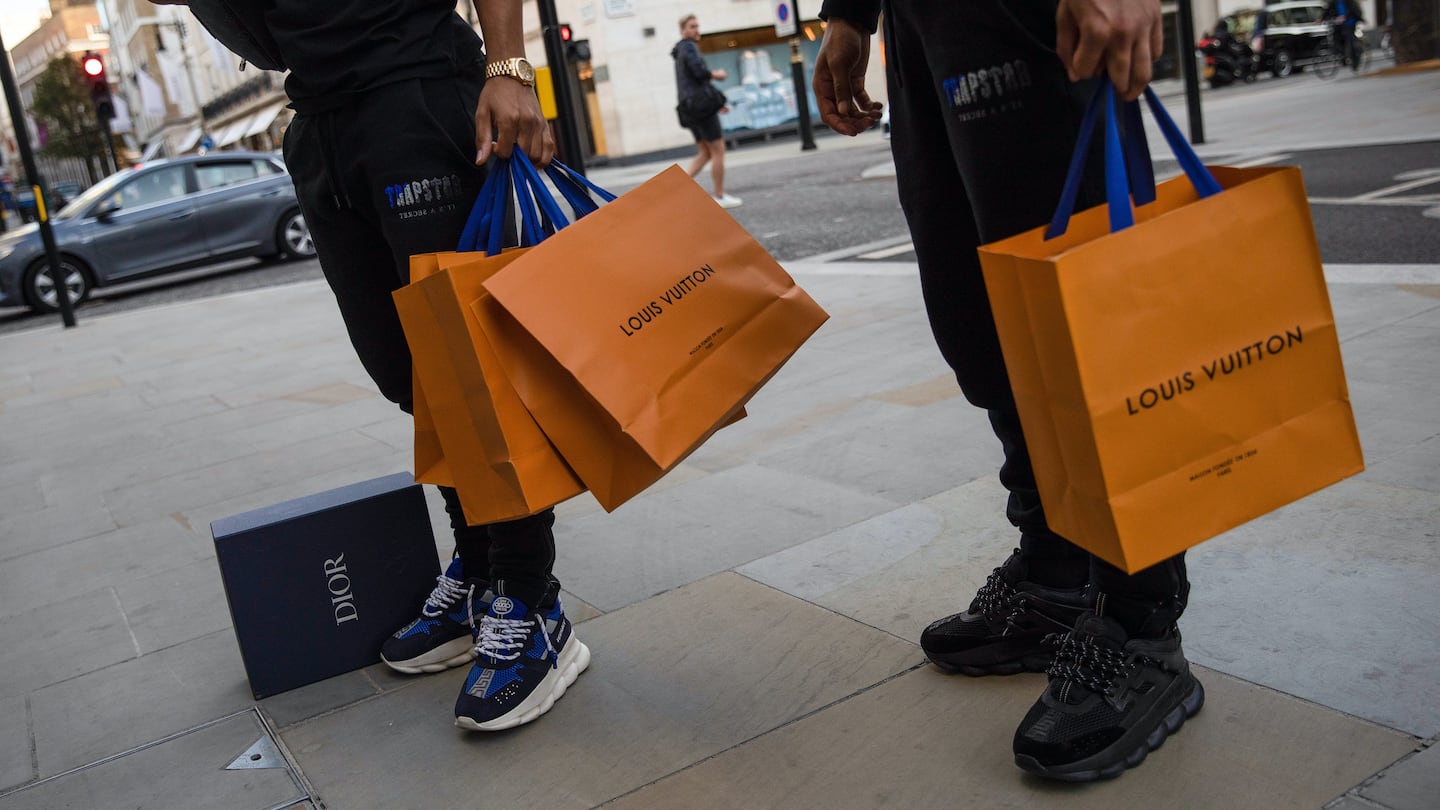Agenda-setting intelligence, analysis and advice for the global fashion community.
LVMH is warning investors and analysts that demand remains soft after the luxury conglomerate missed revenue estimates for the first three months of the year, people familiar with the matter said.
With a view to managing expectations, LVMH Moët Hennessy Louis Vuitton SE is putting out cautious signals on second-quarter trends amid lacklustre consumer confidence, particularly in China, according to the people, who declined to be identified discussing information that’s not public. Some of the people suggested the company’s current quarter may show no improvement over the previous one.
The luxury market is struggling to emerge from a period of sluggishness caused in part by shoppers reining in costly purchases in China, which has been a crucial growth engine for industry majors from LVMH and Chanel to Hermes and Richemont. The industry’s outlook has grown even gloomier since US President Donald Trump last month began to impose tariffs on imports across industries and countries.
It is common for listed companies like LVMH to brief investors and analysts in conferences, meetings or calls about their business trends after publishing results. LVMH posted its first quarter sales results on April 14. The company didn’t immediately have a comment.
ADVERTISEMENT
LVMH shares tumbled as much as 2.9 percent in Paris.
In the first quarter, LVMH’s revenue in the region that includes China fell 11 percent on an organic basis and recorded a similar drop for all of 2024. Preliminary analyst estimates show sales for Asia Pacific excluding Japan in the second quarter may slide by 6.4 percent, while the key fashion and leather goods unit, which includes Louis Vuitton and Christian Dior, may see revenue fall 3.7 percent, according to data compiled by Bloomberg. This division generates the bulk of LVMH’s profitability.
The region that includes China accounts for 30 percent of LVMH’s total sales, while the US garners 24 percent.
Shares of the French group have dropped by about 22 percent so far this year amid demand worries in China as well as concerns that Trump’s tariffs will weigh on consumer spending in the US. Competitors such as Hermes International SCA and Cartier owner Richemont SA, that have been a bit more resilient, have seen their shares rise over the same period, while Gucci-owner Kering SA has tumbled 24 percent.
Out of nearly 40 analysts tracked by Bloomberg who cover LVMH, only one has a sell recommendation. The average target price for its stock is €608.80 ($689.36), which is about 20 percent higher than its current price.
By Angelina Rascouet and Julien Ponthus
Learn more:
LVMH Shares Have Lost Their Lustre
The luxury giant’s stock market valuation is languishing at the bottom of its five-year range, but that still hasn’t proved enough of a markdown to lure back investors.




